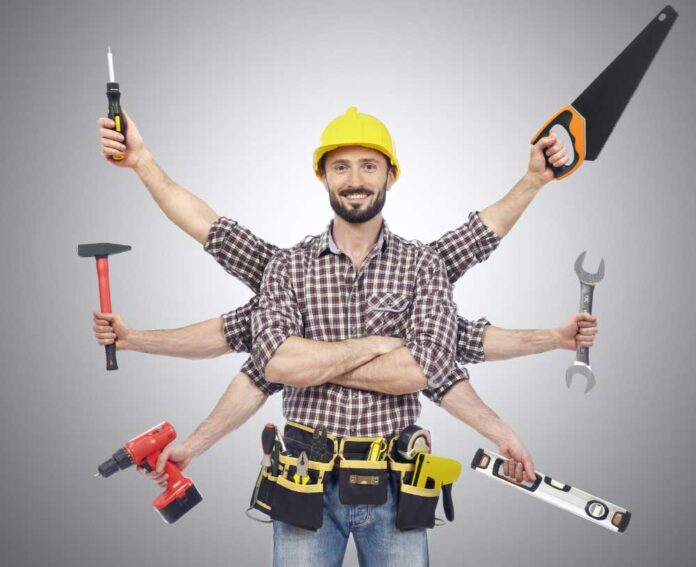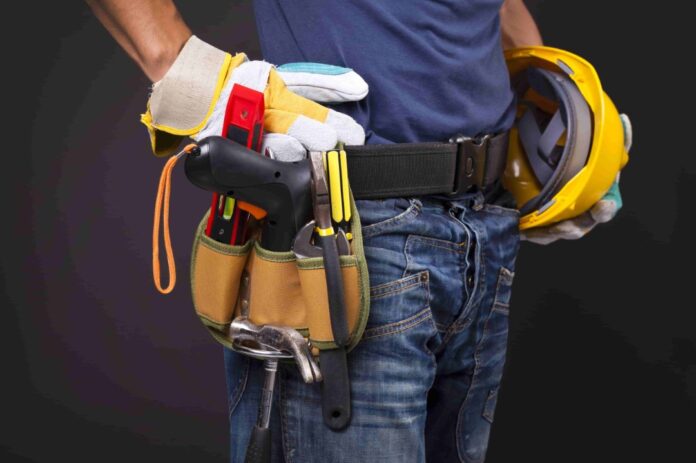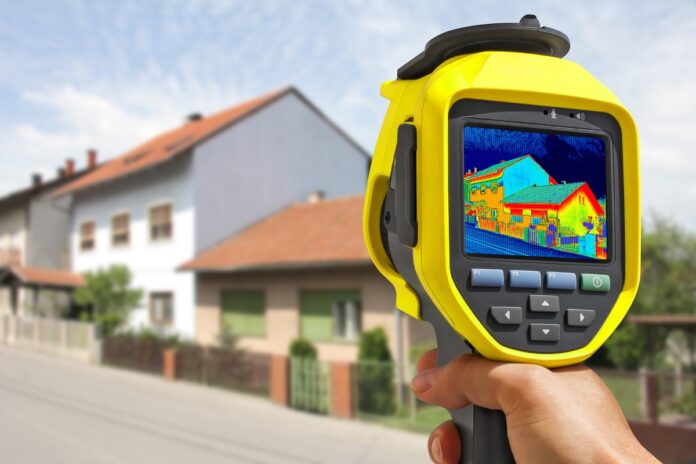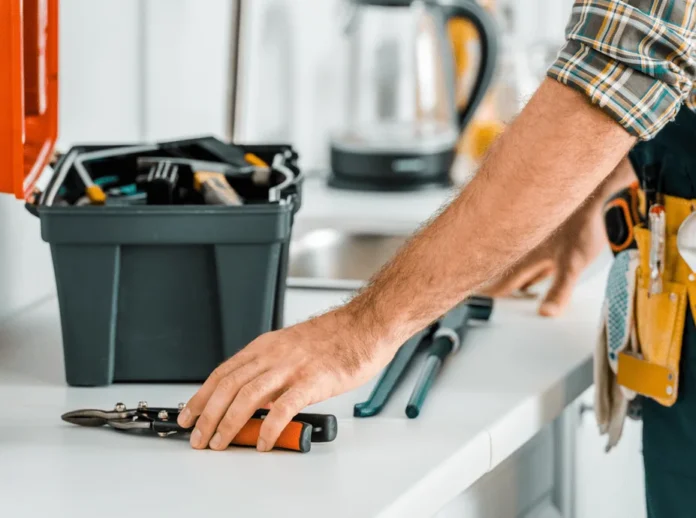
Buying a new house is not just a big financial decision – in fact, it is emotional and life-changing as well. It is where you will create endless memories, raise your family and find peace. Hence, one should be very vigilant when finalizing a house for themselves.
Sometimes, you may get really fascinated with the lushful lawns, sleek furniture or massive balconies in the house – but that does not mean the house is in perfect condition. It is where home inspection comes in!
A home inspection is a procedure that accurately reports the state of the house you are planning to buy. In short, home inspection services are like a medical check-up that gives the history of the house’s health. All the hidden issues and the potential problems can be detected by it. It is like a guardian angel!
It is usual for house owners to think they alone can inspect the house by knocking on the walls and opening and shutting the doors and windows. But is that it? Home inspection professionals have guidelines to carry out this procedure and a set of toolkits to conduct the inspection. They provide a report of the examination, which helps one analyze the problems and treat them before they get bigger. Well, that is not it! There are more things to understand and expect from this inspection. Let’s check that out.
Home Inspection Toolkit

Home inspectors are specialists trained to assist purchasers in deciding house investments by discovering flaws and safety concerns in the property. They do their job with the help of the following essentials:
- A thermal camera is used to detect temperature changes in the property that are not visible to the naked eye. It detects problems like overheated wiring, water leaks, and insulation flaws.
- Moisture meter detects hidden moisture, which might suggest plumbing problems, leaks, or mold growth.
- Plumbing tools are all to do with taps and sewers. Leaks, blockages, and general condition of the pipes are seen with it.
- Electrical testers ensure the safety of switches, outlets, and electrical panels. Defective wiring and grounding issues are also detected.
- Roofing tools such as drones and binoculars examine leakage, damages, missing screws and shingles.
- Level, plumb bobs, and laser measuring instruments are structural inspection tools that verify the foundation, floors, ceilings, and walls.
- Gas detectors have more to do with the HVAC system. They detect leaking gas leaks and high levels of carbon monoxide.
- Hard-to-reach locations are assessed via attic and crawl space tools such as ladders, spotlights, and cameras.
- Essential hand tools like screwdrivers, wrenches, and pliers are primary to test appliances, fixtures, and other components.
These specialized tools make the inspector’s work more accessible by which they can quickly form a report and present it to the client.
What To Expect From The Home Inspection Process?

The toolkit home inspectors use analyzes the end number of things in the house. It is almost impossible to mention each and every detail about the inspection process – but here are the four critical aspects that you can expect a report of from this process:
1. Damage Review
In general, a home inspection searches for various sorts of damage in any region of the house. For example, if your wall has cracks, the house inspection process will indicate it and the amount of damage it has caused. Similarly, it includes other issues such as water damage, infestation, and much more, giving you a clearer sense of what must be repaired in the future.
Sometimes, the damage is so severe that it is life-threatening. An inspection report also provides information on that so that you can make an informed decision about whether or not to purchase the house.
2. Functional Condition
This category comprises mainly components and structures. The house inspection report will disclose the strength and operation of the home’s components. For example, it searches for gaps in everything from the roof to the plumbing, HVAC, and electrical systems.
Assume the house you want to buy has a leaking roof. Do you think it will keep you safe during bad weather? Clearly not! It is these minor things that your home inspection will reflect on and will provide you with feasible solutions to it.
3. Repair And Maintenance

When viewing your to-be home property, do you think any part needs repair? Sometimes, it may look what it seems. An uncovered problem could be more harmful. House inspection comes into play here. It emphasizes the potential remedies that can aid in healing all repairs and flaws.
A carpenter can mend a furniture problem, while a plumber can remedy a leak. In brief, they list all of the needed specialists, making it simple to not only carry out the repair and maintenance procedure but also create an estimate of how much the house will cost you.
4. Knowledge Of Other Living Organisms
Several organisms reside in a home that we are ignorant of. Molds, vermin, insects, termites, rats, and bugs are occasionally found in the house’s interiors and exteriors. If they make their way into furnishings or come into touch with humans, they cause harm and allergies.
A report about the presence or absence of such living species is what you can expect from the procedure. Actions can be performed ahead of time to eliminate dangers and possible inconvenience, or if the problem is too much, you can hunt for some other property.
In Conclusion With
Getting a home inspection is a significant investment. It is essential to assess the health of the entire house before one plans to shift for safety purposes. Thus, a home inspection is necessary. It is a document that can answer all additional questions that you might have regarding your property.
Getting it done by an expert is crucial as they simplify the testing process with their toolkit and provide a hundred percent satisfaction. With this, you can take measures and make an informed decision about the purchase. So, get the most out of this inspection!





